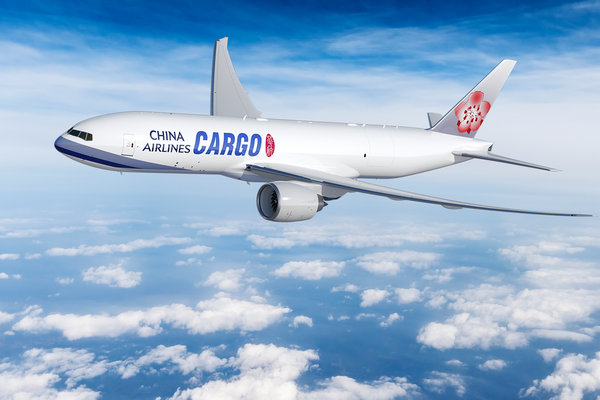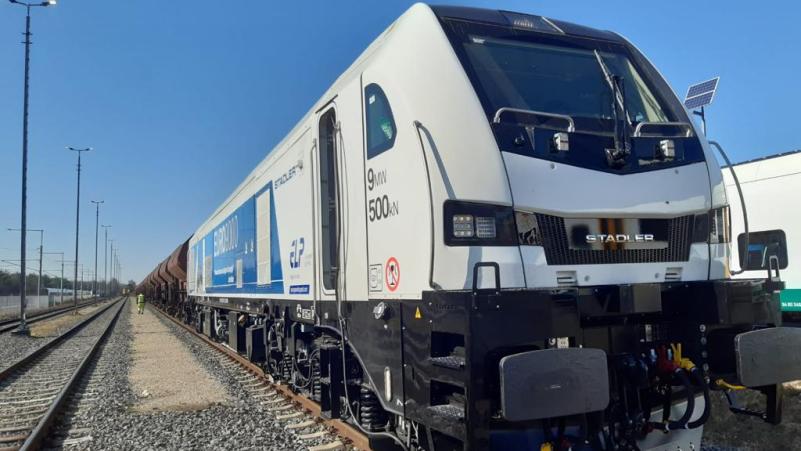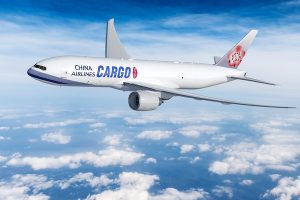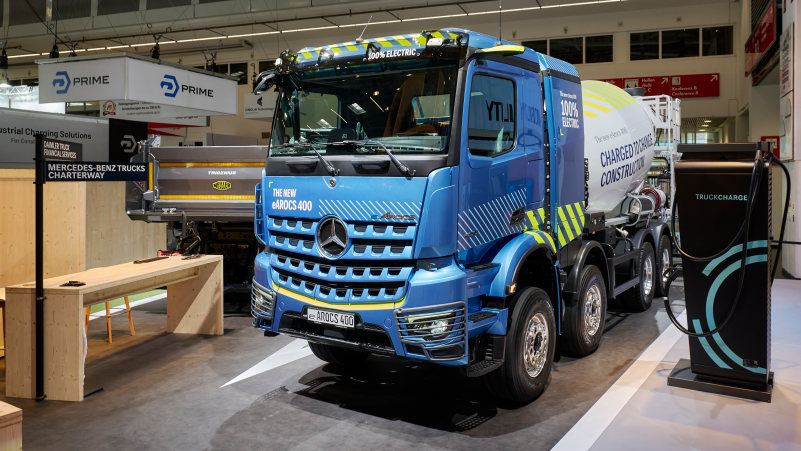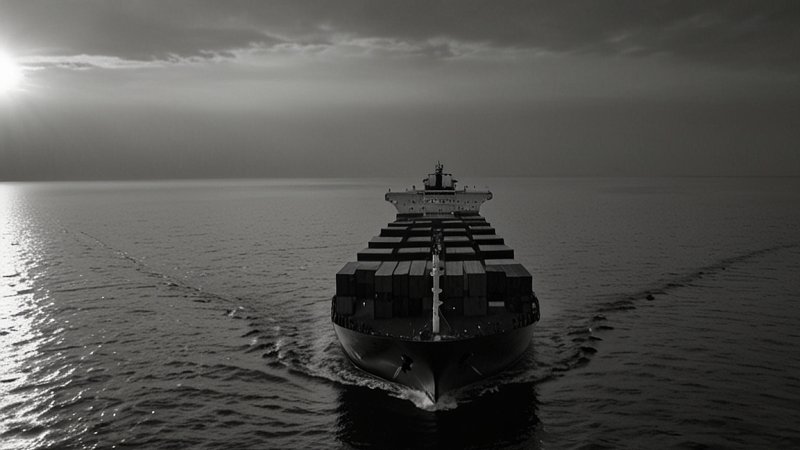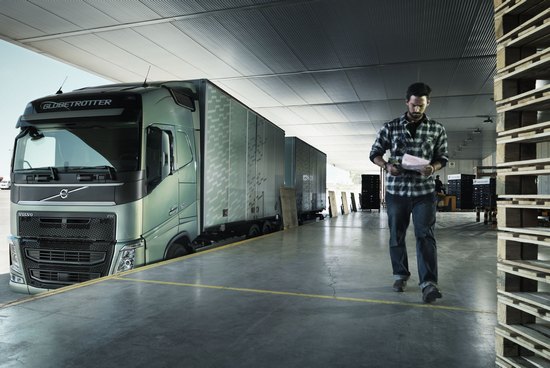In the logistics and transportation industry, where digitalisation is advancing at a rapid pace, cybersecurity has become increasingly crucial. This urgency is underscored by a noticeable rise in cyberattacks targeting organisations within the sector. Specifically, protecting container logistics, a global industry involving numerous operators, is now more essential than ever. One method to enhance protection, as suggested by cybersecurity experts at Kaspersky, is automatic container profiling. This technology involves creating an "ideal container" by monitoring how it moves and interacts externally over a defined period, thus establishing a baseline model of normal behaviour.
Subsequently, the system continually monitors actual containers, detecting deviations from this ideal model without raising unnecessary alerts for minor anomalies. This approach precisely distinguishes between predictable changes and genuine security threats. Implementing automated detection can swiftly highlight unexpected network connections, changes to critical files, or the execution of unusual system procedures—all potential indicators of a cyberattack. Such events might otherwise remain undetected until significant damage occurs. For instance, if a fleet management system that typically communicates solely with internal company servers suddenly attempts to connect to unknown external addresses, the system would identify this anomaly as a potential breach.
Another significant advantage of automatic profiling is its adaptability; security criteria evolve dynamically alongside changes in container behaviour, overcoming the limitations of traditional static rules, which quickly become outdated. Additionally, automatic profiling provides deeper visibility into IT environments, allowing security teams to swiftly analyse suspicious activities and accurately determine whether they represent genuine breaches, thus significantly improving incident response times.




